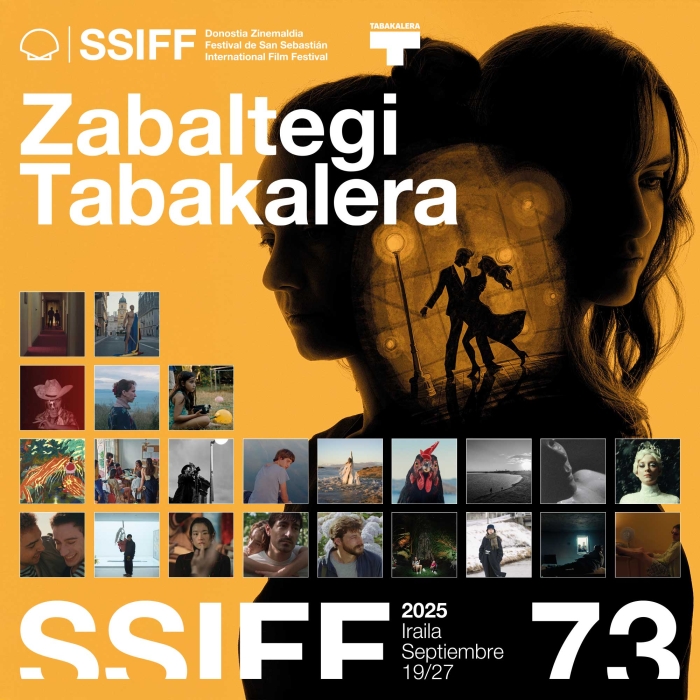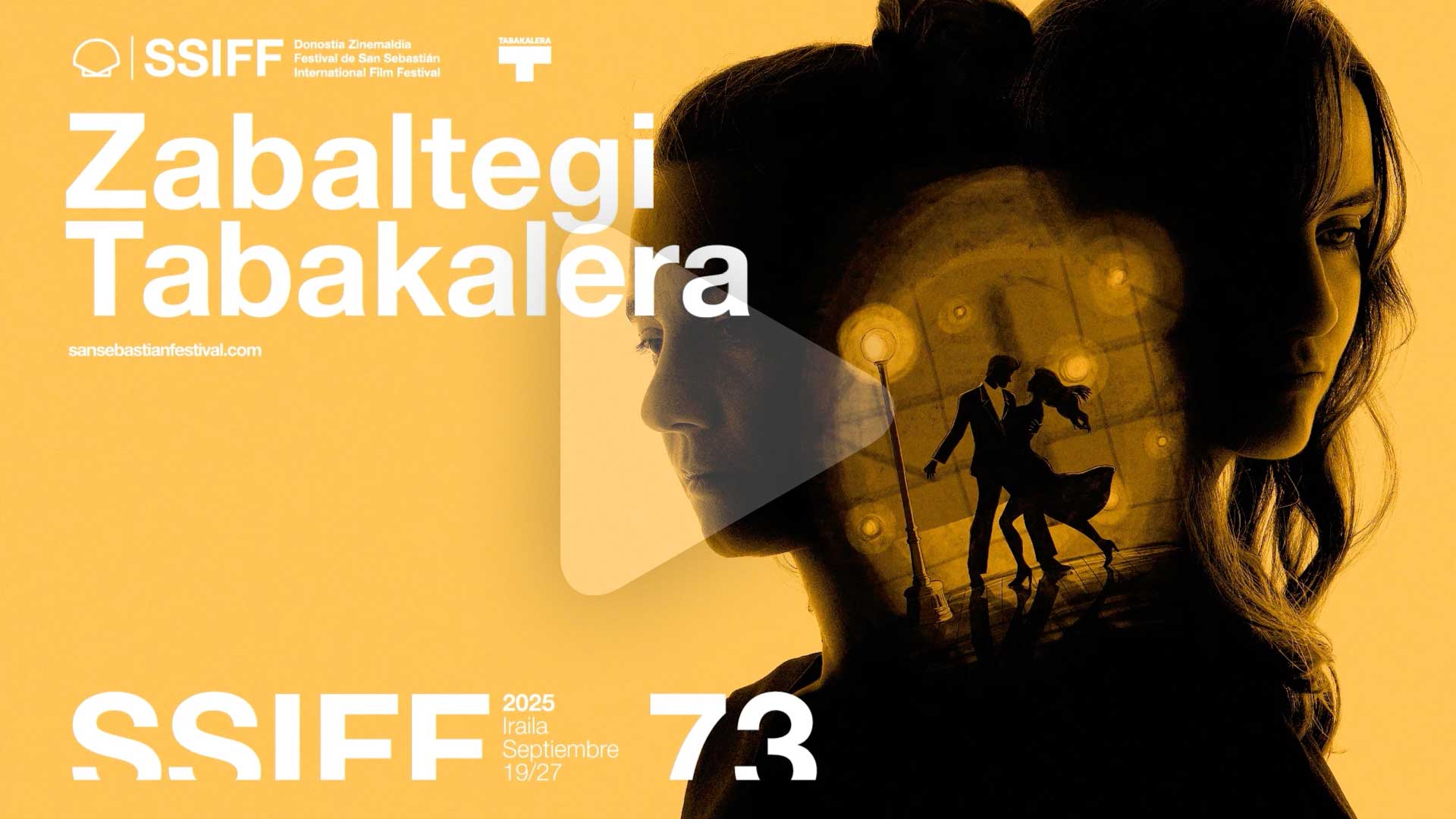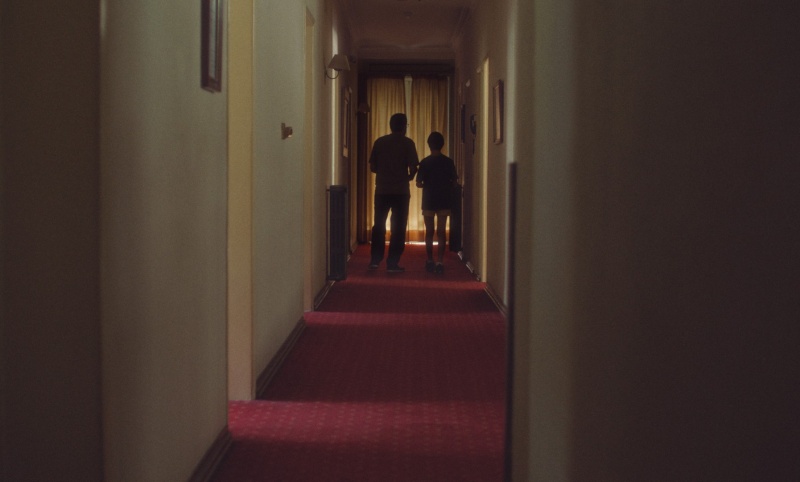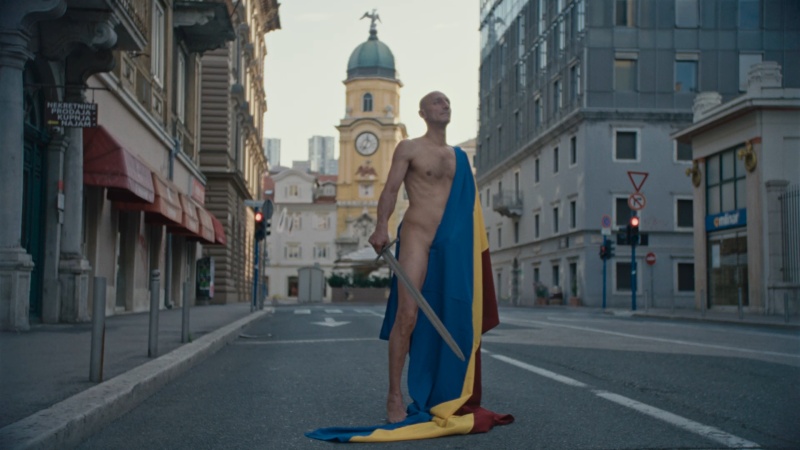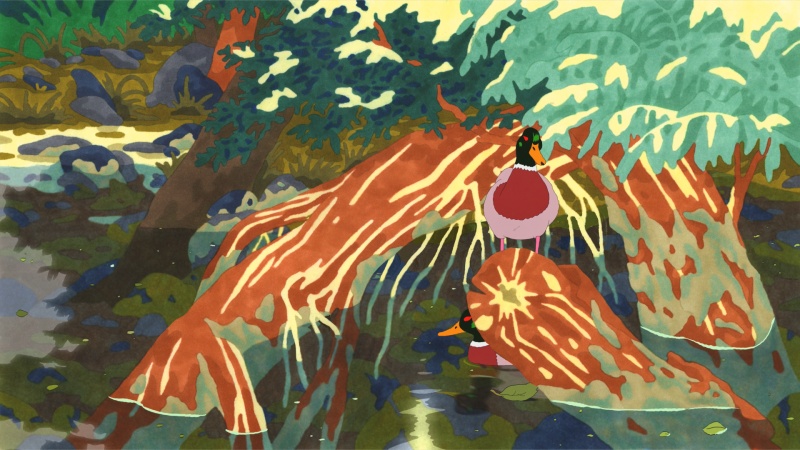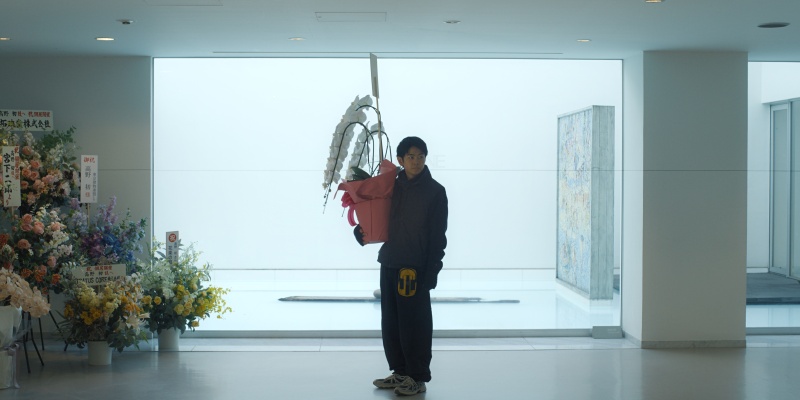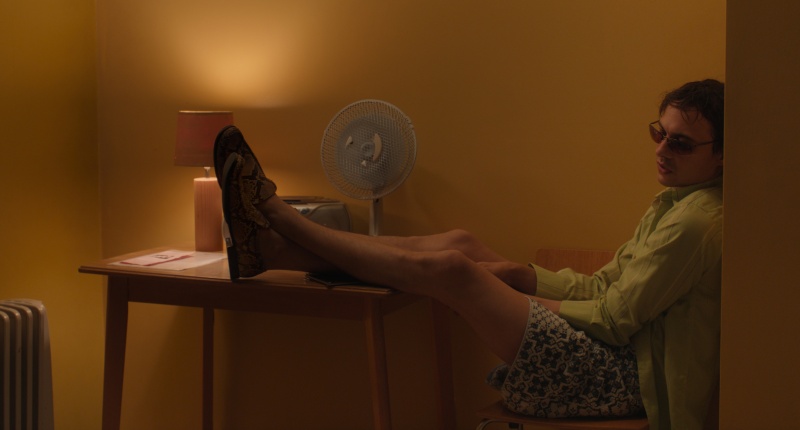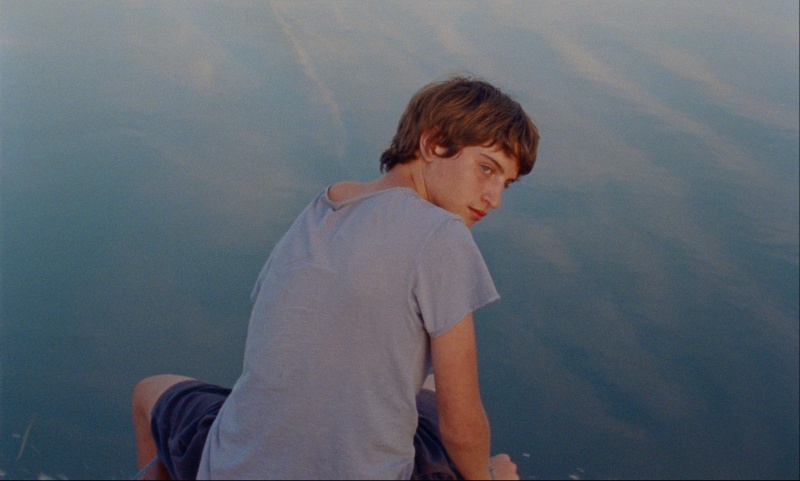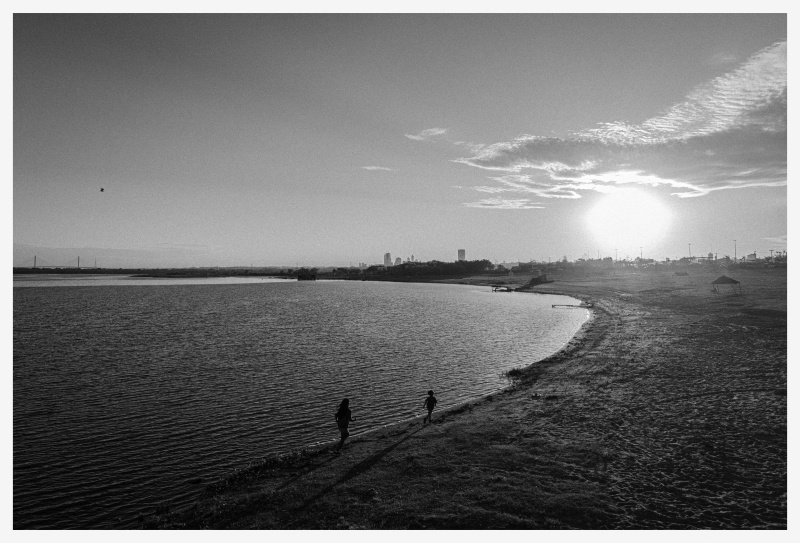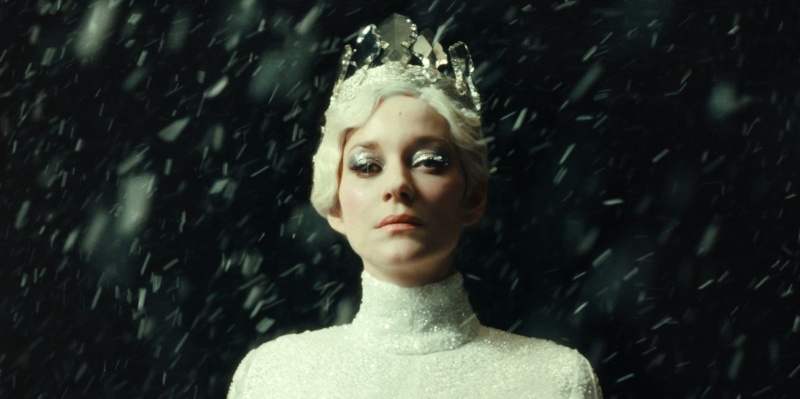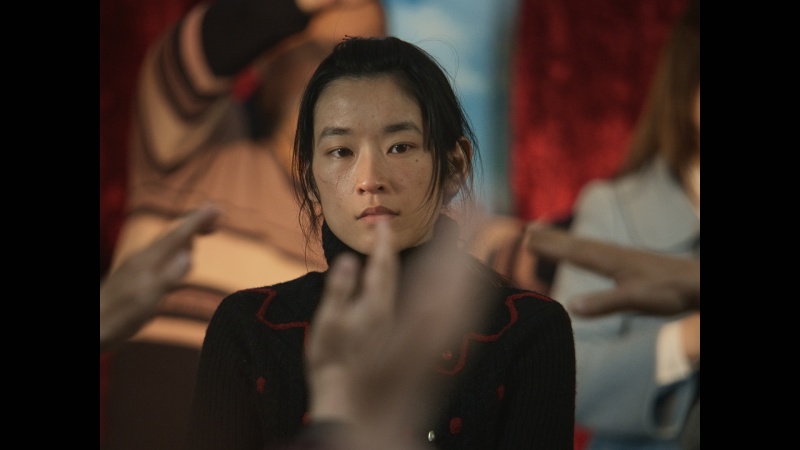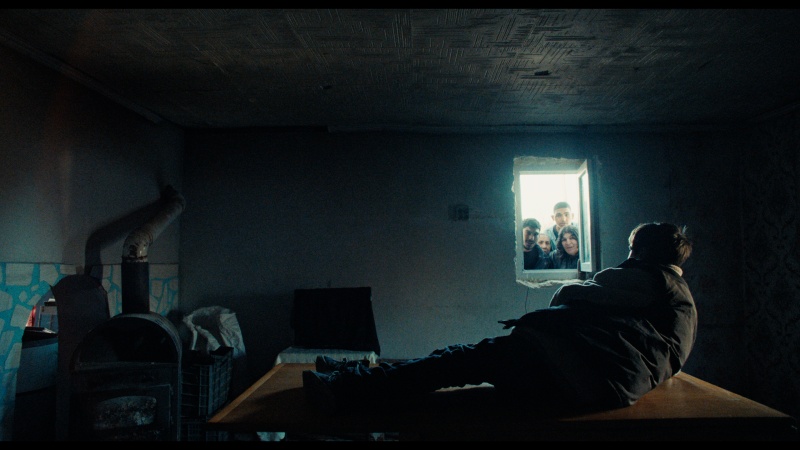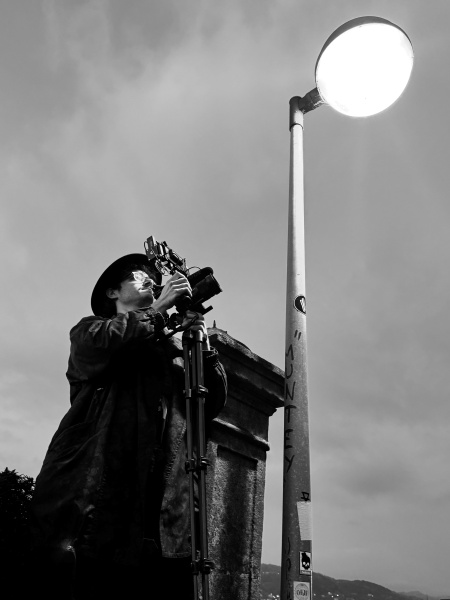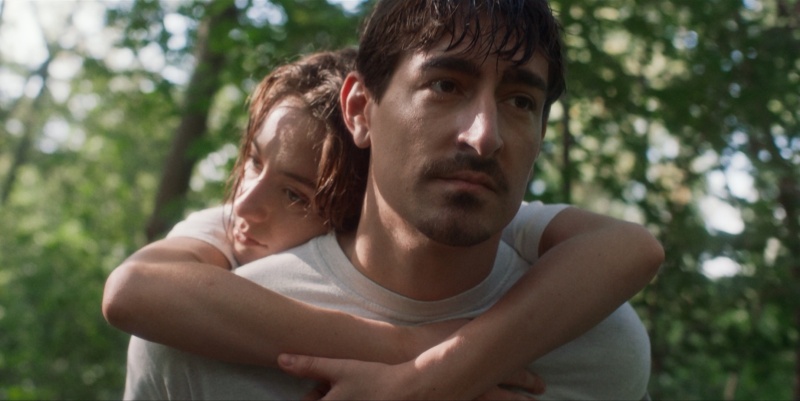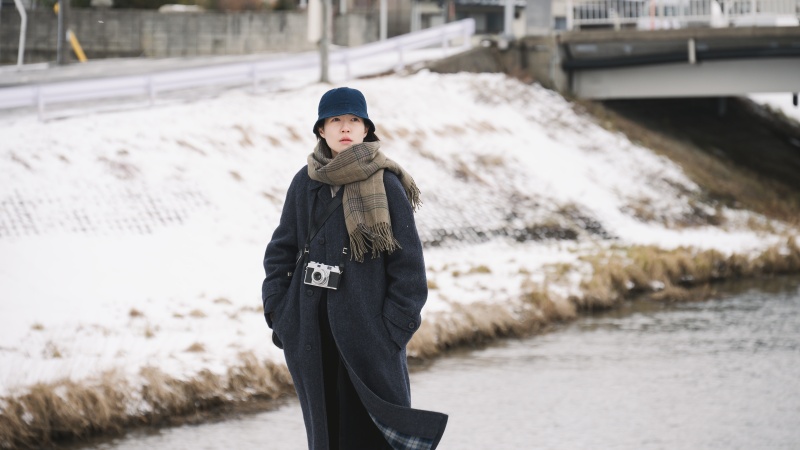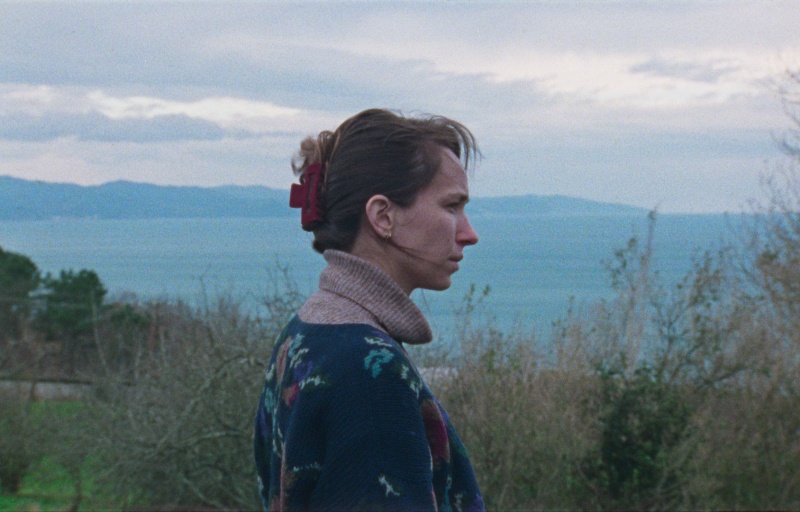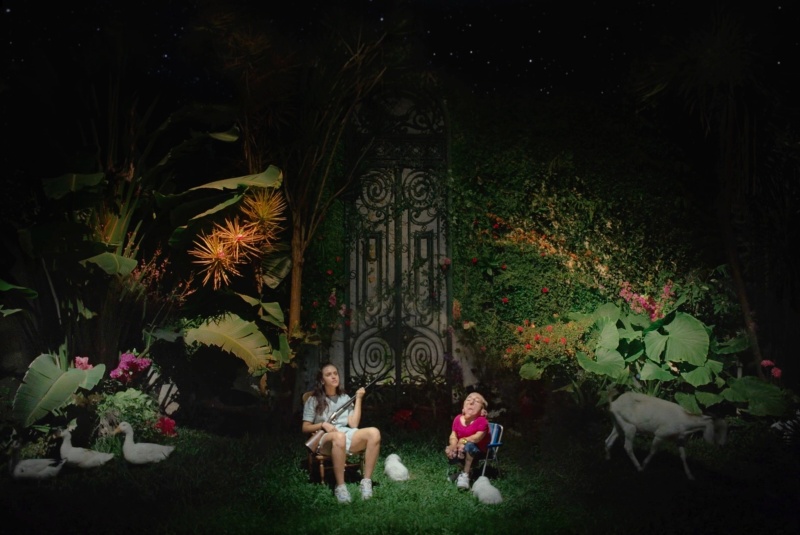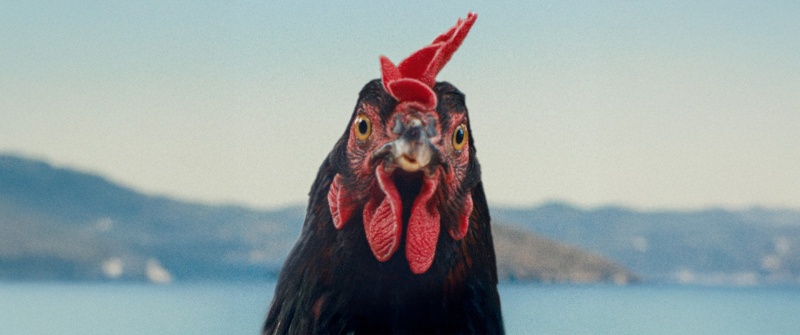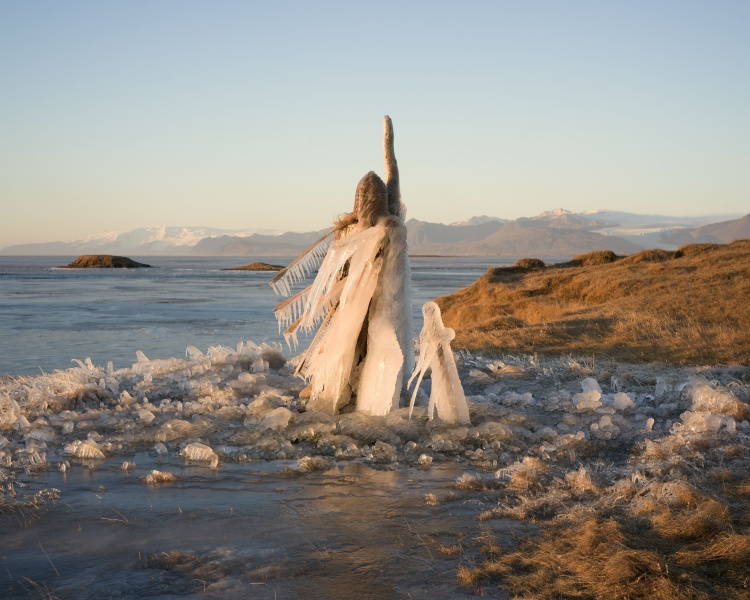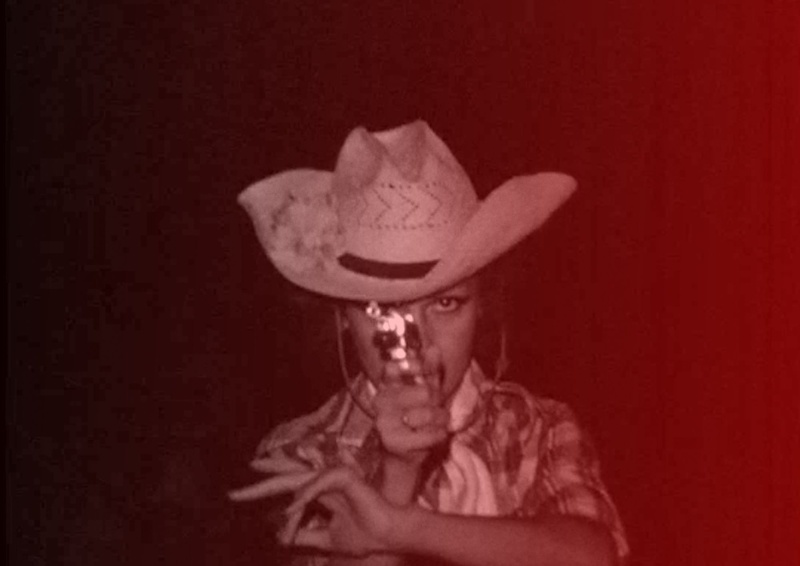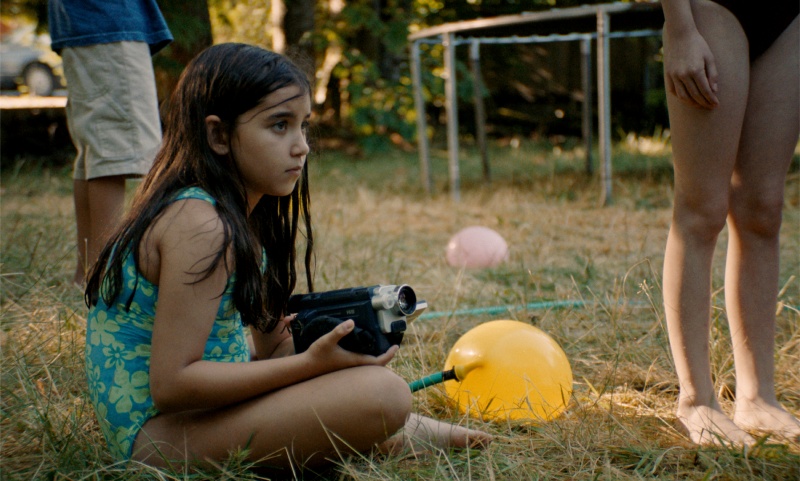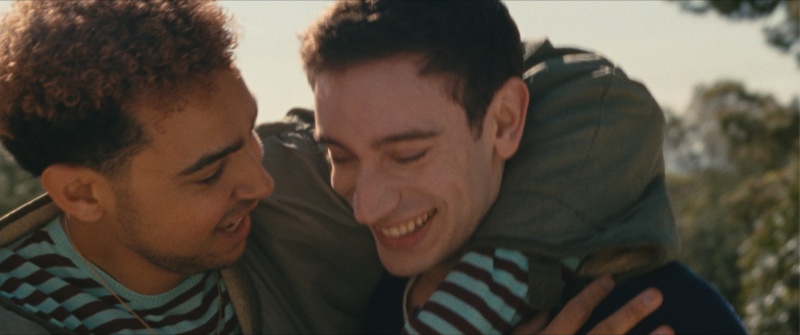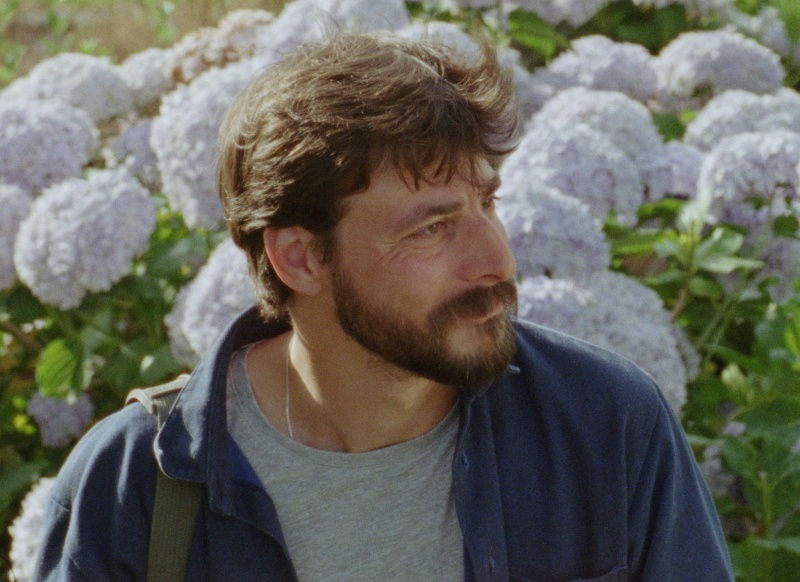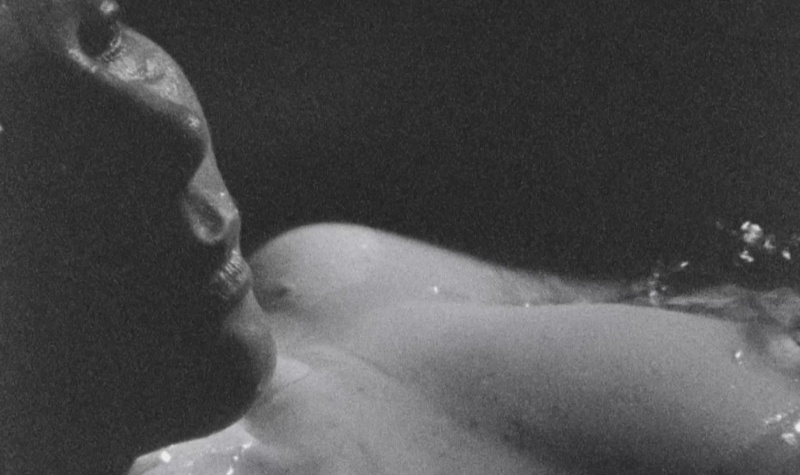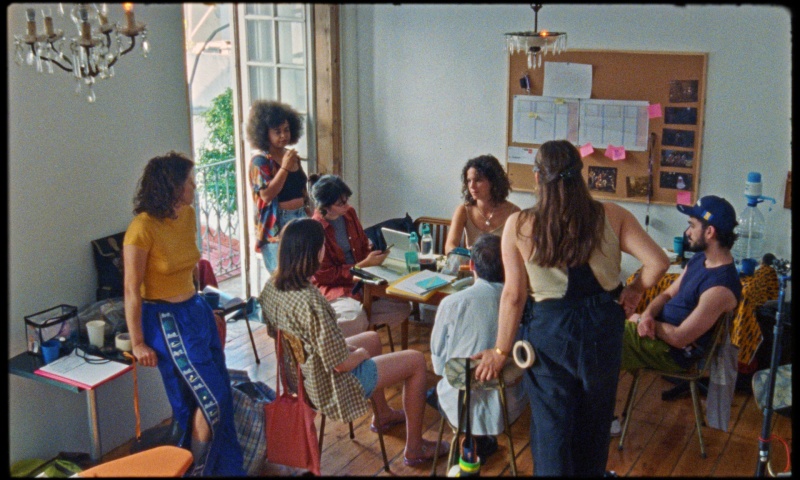A total of 23 titles –15 full-length, six short and two medium-length films– will take part in Zabaltegi-Tabakalera, San Sebastián Festival's most competitive section. The line-up of the 73rd edition, boasting seven world premieres and several titles selected for festivals such as Cannes, Berlin, Venice, Rotterdam, Toronto and Locarno, will feature the latest works of filmmakers including Paz Encina, Lucile Hadzihalilovic, Luis Ortega, Hlynur Pálmason and Gabrielle Stemmer alongside a good number of debuts, such as that of the actor Harris Dickinson, and some of the names connected to the Festival through sections and programmes like Nest, Ikusmira Berriak, WIP Europa and the Europe-Latin America Co-Production Forum. This is the case of Paula Tomás Marques, Jaume Claret Muxart, Sarah Miro Fischer and György Pálfi, respectively. For his part, Sergio Oksman will open the section with Una película de miedo / A Scary Movie.
Closing Zabaltegi-Tabakalera is Fiume o morte!, the third feature film from the Croatian director Igor Bezinović (Rijeka, 1983), winner of the Tiger Award and of the FIPRESCI Prize at the Rotterdam Festival. This non-fiction film revisits the 16 months of occupation suffered by the port city of Fiume between 1919 and 1920 under the Italian poet and army officer, Gabriele D'Annunzio.
The animated short film Dieu est timide / God is Shy, presented in the Semaine de la Critique at Cannes, is the debut from Jocelyn Charles (Enghien-les-Bains, 1995), which follows the fears of a couple travelling by train. With experience in the field of drawing, illustration and animation, the French author has directed music videos for bands including The Weeknd and L'Impératrice.
Two siblings tormented by their mother's absence star in Miharashi Sedai / Brand New Landscape, first feature film from the Japanese director Yuiga Danzuka (Tokyo, 1998), which had its premiere at the Quinzaine des cinéastes in Cannes. His short film Far, Far Away (2022) was part of the New Directions in Japanese Cinema (ndjc) development programme.
Known for his performance in titles such as Triangle of Sadness (Ruben Östlund, Perlak, 2022) and Baby Girl (Halina Rejin, 2024), the actor Harris Dickinson (London, 1996) brings his directorial debut with Urchin, a film about a young homeless man played by Frank Dillane, winner of the FIPRESCI Prize in the Un Certain Regard section at Cannes.
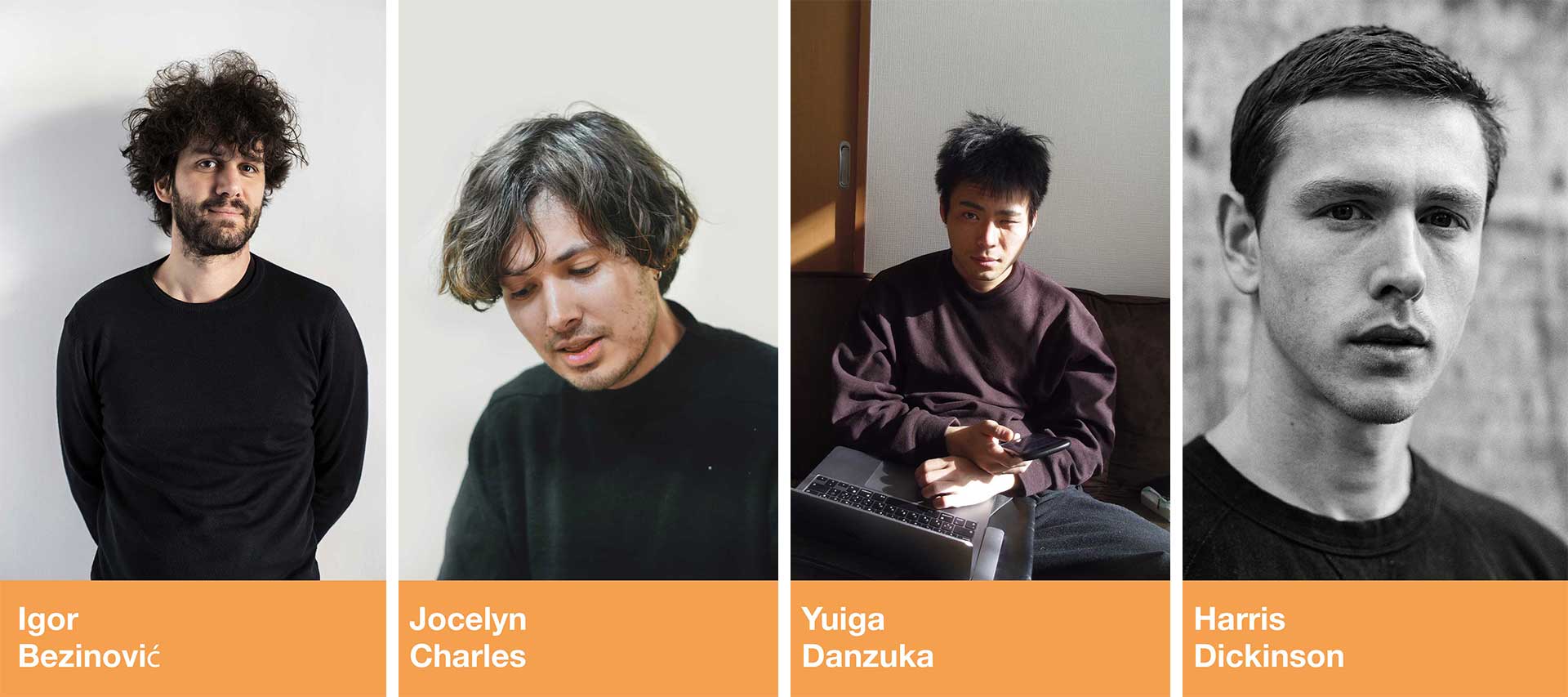
Jaume Claret Muxart (Sant Cugat, 1998) will show Estrany riu / Strange River in San Sebastián following its up-coming premiere in the Orizzonti section of the Venice Mostra. The first full-length film from the Catalan filmmaker, alumni from the first round of students to graduate at the Elías Querejeta Zine Eskola (EQZE) and author of short films such as Ella i jo / Her and I (Nest, 2020), narrates the revelatory bicycle trip of a teen and his family along the banks of the Danube. This work was selected at its project stage for Ikusmira Berriak in 2022.
The Paraguayan director Paz Encina (Asunción, 1971) addresses nostalgia and memories of her late brother in La felicidad / Happiness, a non-fiction short film which will have its world premiere in Zabaltegi-Tabakalera, where she previously presented her second feature, Ejercicios de memoria / Memory Exercises (2016). Encina won the FIPRESCI Award in Un Certain Regard at Cannes with her debut, Hamaca paraguaya, and the Tiger Award at Rotterdam with Eami (2022).
French filmmaker Lucile Hadzihalilovic (1961), who previously participated in Zabaltegi-Tabakalera with the short film De natura (2018) and the medium-length La bouche de Jean-Pierre (1996), returns to the section with La tour de glace / The Ice Tower, winner of the Silver Bear for Outstanding Artistic Contribution at the Berlinale. The film brings a dark tale in which Marion Cotillard plays a mysterious actress who seduces an orphaned girl. Hadzihalilovic harvested the New Directors Award with her first feature film, Innocence (2004), and the Special Jury Prize on the two occasions that she has competed in the San Sebastián Festival's Official Selection with Évolution (2015) and Earwig (2021).
Premiered at the Shanghai Festival, No One Knows I Disappeared is the latest short film from Bo Hanxiong (Beijing, 1991), narrating her carer's search for an old woman. The Chinese filmmaker has directed short films such as City of the Dead (2013), Haircut (2018) and Drifting (2019), which had its premiere at San Sebastián as part of the Nest section and garnered various awards at other festivals.
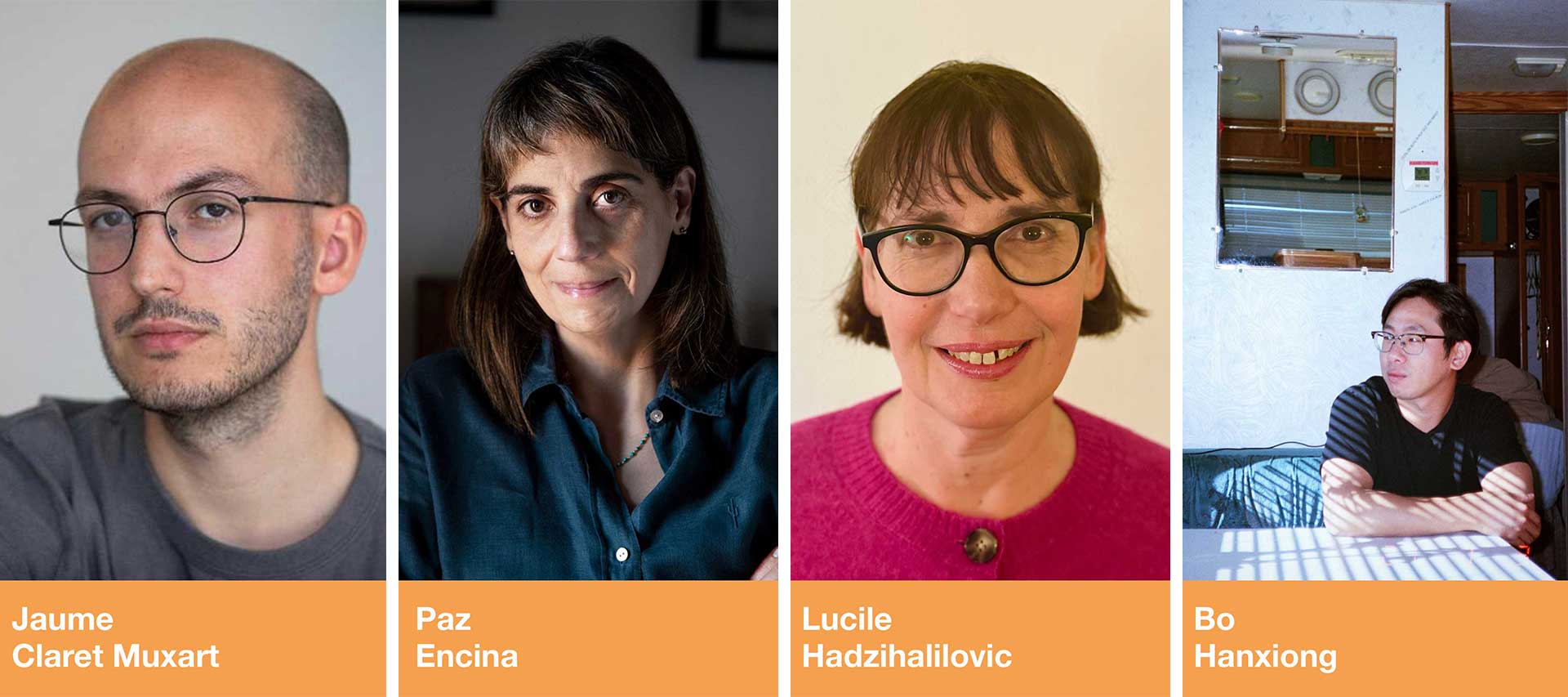
The short films by Bálint Kenyeres (Budapest, 1976) have participated in fests including Venice, Sundance and Cannes, in whose official selection he was present this year for the second time around with The Spectacle, about a young Roma boy who sparks media interest with an unusual gift. Kenyeres' first feature film, Tegnap / Hier (2018), competed at Locarno.
The Japanese Sho Miyake (Sapporo, 1984) will present Tabi to Hibi / Two Seasons, Two Strangers, a feature film where the lives of different people cross paths, first of all in summer and later, in winter. The film recently won the Golden Leopard for Best Film at Locarno, where the director had previously premiered his first feature film, Playback (2012). He participated in the Encounters section of the Berlin Festival with one of his later works, Keiko, me o sumasete / Small, Slow But Steady (2022).
A year after competing at Venice and winning the Horizontes Award in San Sebastián with El Jockey / Kill The Jockey, Luis Ortega (Buenos Aires, 1980) returns to the Festival with the world premiere of Siempre es de noche / Always Night, a medium-length film about a young armed girl and a poet who live in a house with no outside connection. The Argentinian filmmaker has shown some of his films in sections such as Made in Spanish, Horizontes Latinos and Perlak, where he participated with El ángel (2018) following its premiere in Un Certain Regard at the Festival de Cannes.
György Pálfi (Budapest, 1974), who came to New Directors with his debut film, Hukkle (2002), competed in Un Certain Regard at Cannes with Taxidermia (2006). Since then, he has directed other titles including Szabadesés / Free Fall (2014), winner of three awards at Karlovy Vary, and Kota / Hen, whose absolute star is the hen in question. The film was selected for the Europe-Latin America Co-Production Forum in 2020 and will screen in this year's Zabaltegi-Tabakalera following its premiere at Toronto.
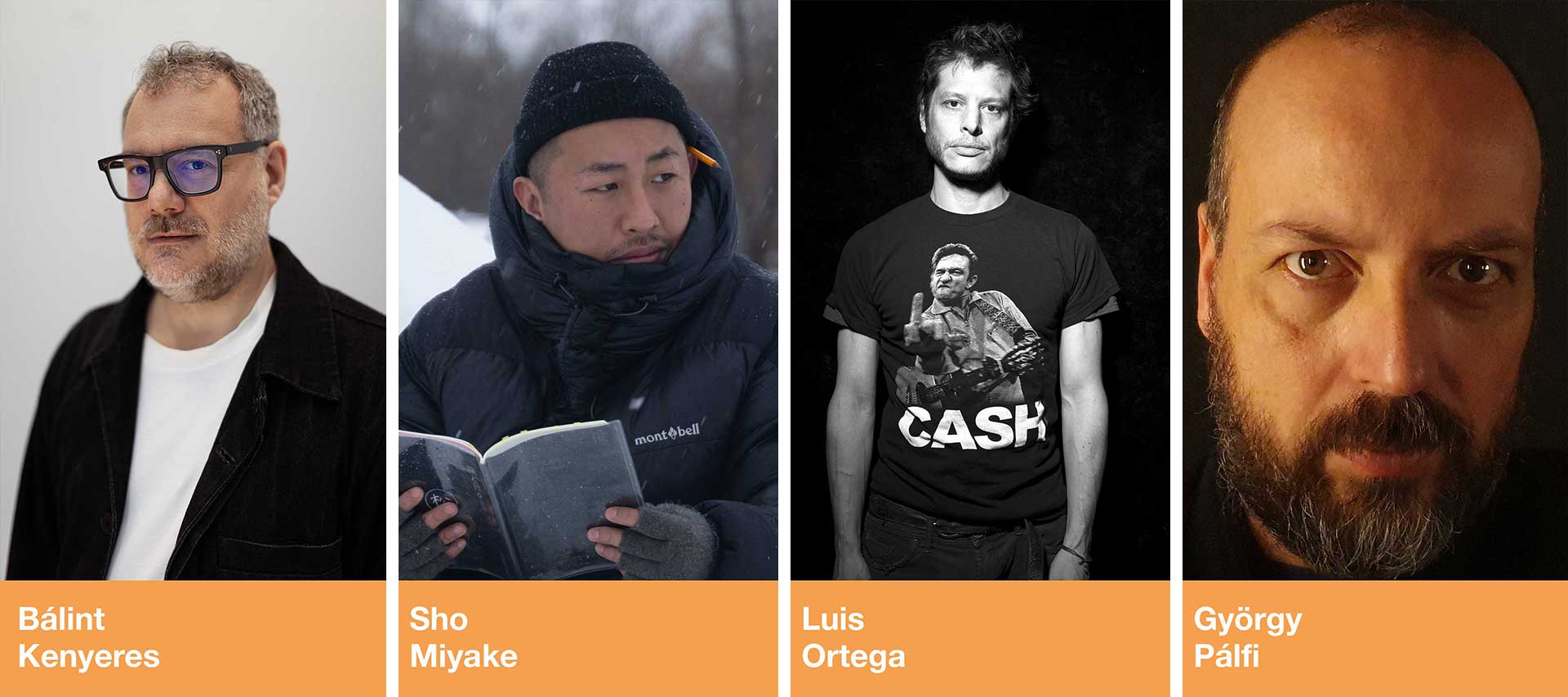
Hlynur Pálmason (Hornafjörður, Iceland. 1984) will come to Zabaltegi-Tabakalera with the world premiere of the film Jóhanna af örk / Joan of Arc, in which three siblings continually create and destroy a knight-like figure, firing arrows at it. With his previous feature films, the Icelandic filmmaker and artist has participated in Locarno, the Semaine de la Critique and Un Certain Regard at Cannes, where he premiered Godland (2022). With this film, he went on to win the Zabaltegi-Tabakalera Award, the section in which he also presented the short film Nest (2022) following its screening at the Berlinale Special. This year he has premiered the feature film Ástin sem eftir er / The Love That Remains at Cannes and, from June to 28 September, will be the subject of an individual exhibition in Tabakalera with audiovisual installations and different series of photographs, paintings and sculptures that dialogue with his films. He sat on the official jury of the San Sebastián Festival in 2022.
Winner of the FIPRESCI Prize in the Panorama Dokumente of the Berlinale, Bajo las banderas, el sol / Under the Flags, the Sun is a non-fiction feature film about the behind-the-scenes machinery of Alfredo Stroessner's dictatorship in Paraguay. The debut film from Juanjo Pereira (Asunción, 1994), creator of cinematic essays and video installations has reaped awards at several festivals, including the BAFICI, where he landed the International Competition Grand Prix.
An acclaimed shorts filmmaker, the Canadian Sophy Romvari (Victoria, 1990) will screen her first feature film, Blue Heron, in Zabaltegi-Tabakalera, after winning the Swatch First Feature Award in the Concorso Cineasti del Presente section at Locarno. Set in the late 90s, the film follows the experience of a Hungarian immigrant family relocating into a new house in Vancouver Island.
The North American Alex Russell (Chicago, 1990), who has worked in the production and screenplay of series such as Beef, The Bear, Interior Chinatown and Dave, will participate in the section with Lurker, his debut in feature films, premiered at Sundance Premieres and screened in a special gala at the Berlinale. Starring Théodore Pellerin and Archie Madekwe, the film narrates how a clothing store worker edges his way into a popstar's inner circle.
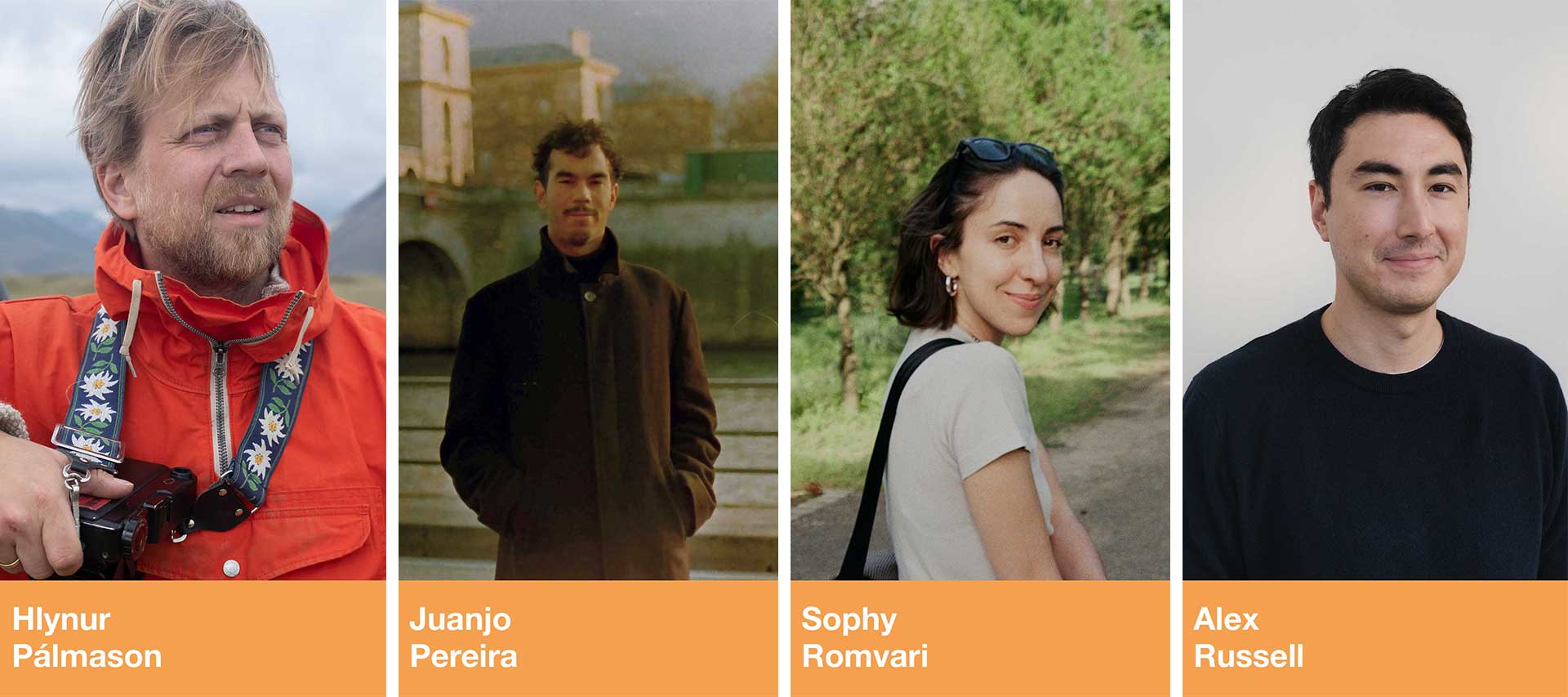
The Portuguese André Silva Santos (São João da Madeira, 1990) won, with his first work, the short film about grief Sol menor / April Tune, the Portuguese competition award at the Curtas Vila do Conde Festival. The director has a Degree in Communication Sciences and a Diploma in Cinema, Playwriting and Directing.
Zabaltegi-Tabakalera will host the world premiere of La grève / The Strike, a medium-length film from the editor and director Gabrielle Stemmer (Boulogne- sur-Mer, 1991) adapting in film-collage format the work La chair est triste hélas by the writer and director Ovidie. Stemmer's graduation short, Clean with Me (2019), showed at festivals such as Côté Court and Uppsala; she is also the author of the web series Femmes sous algorithmes.
Paula Tomás Marques (Porto, 1994), former student at the Elías Querejeta Zine Eskola and winner of the Nest Award with the short film Em caso de fogo / In Case of Fire (2019), presented, in the Perspectives section of the Berlinale Duas vezes João Liberada / Two Times João Liberada, her feature film debut, a tale revolving around João, an actress from Lisbon who played Liberada, a gender non-conforming figure persecuted by the Inquisition in the Portugal of the 18th century.
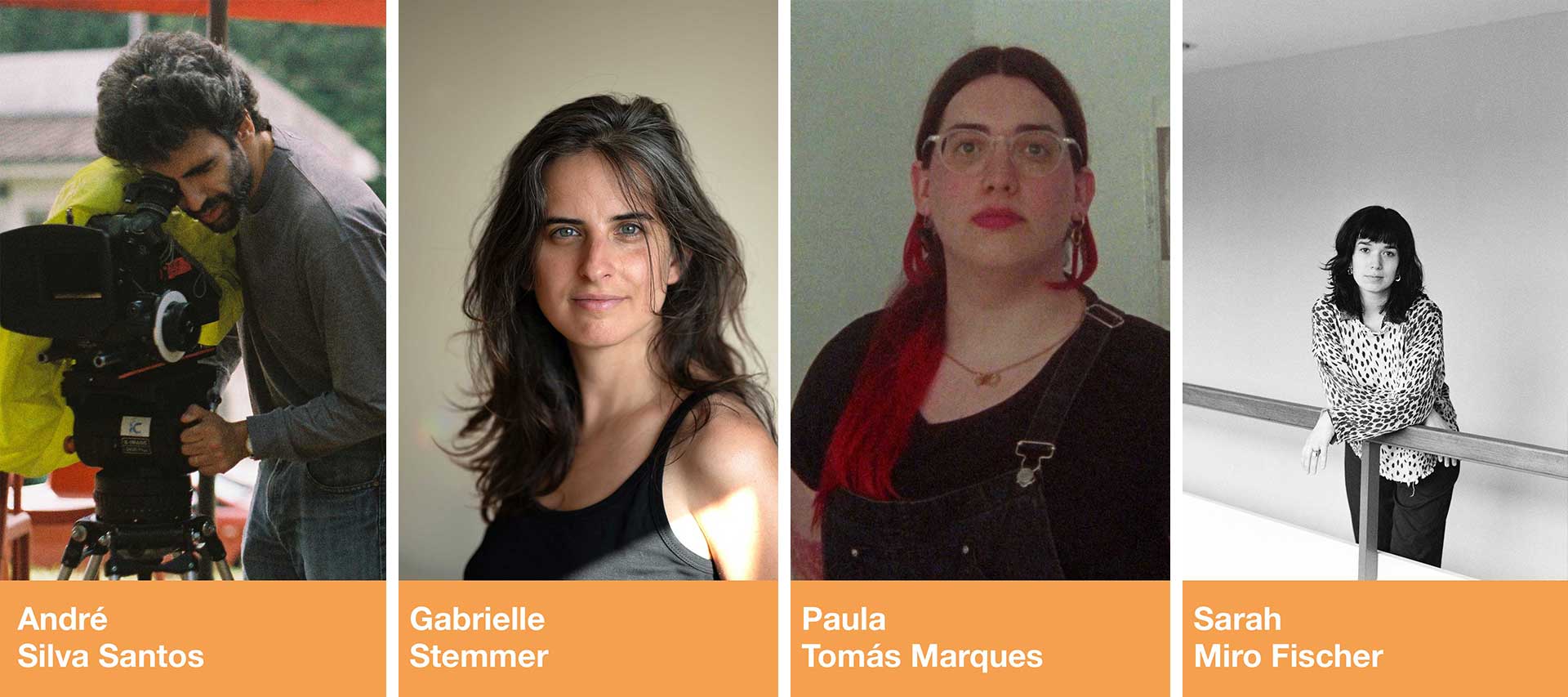
These titles join the four with Spanish production announced a few weeks ago, including Schwesterherz / The Good Sister, the first full-length film from Sarah Miro Fischer (Stuttgart, 1993) which had its premiere in the Panorama section of the Berlin Festival. The other three films to screen as world premieres are: Una película de miedo / A Scary Movie, the latest film from Sergio Oksman (Sao Paulo, 1970) to open Zabaltegi-Tabakalera; El último arrebato / The Last Rapture, debut from the screenwriter and journalist Marta Medina (Valladolid, 1986) and the producer Enrique López Lavigne (Madrid, 1967), joined by the new short film from Lur Olaizola Lizarralde (San Sebastián, 1988), Bariazioak / Variations, which will participate out of competition.
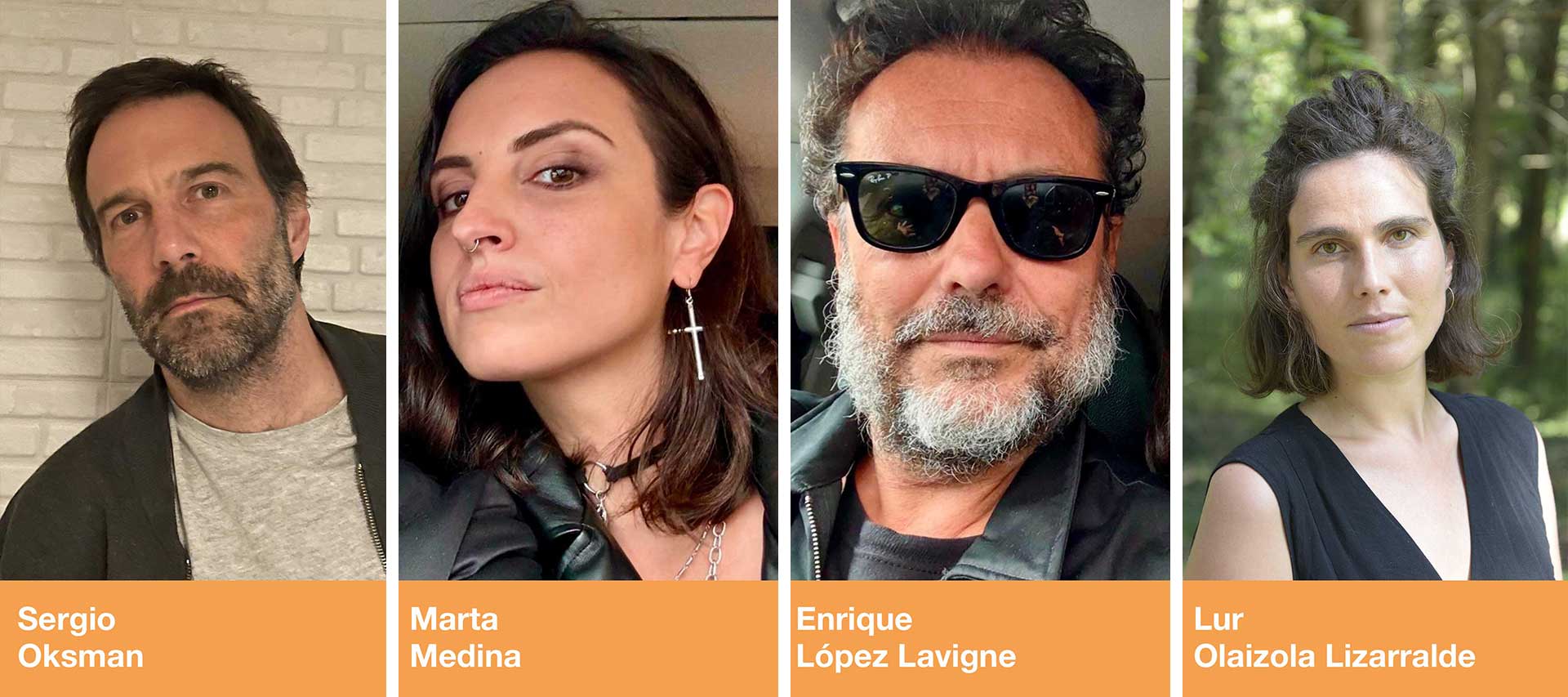
With the exception of the latter, all of the films in Zabaltegi-Tabakalera, the section organised jointly by the San Sebastián Festival and Tabakalera-International Centre for Contemporary Culture, compete for the Zabaltegi-Tabakalera Award, decided by a purpose-created jury. The award comes with 20,000 euros to be divided between the director of the film (6,000 euros) and its distributor in Spain (14,000 euros).
During the summer holidays, a documentary-maker and his 12-year-old son stay at an abandoned hotel in Lisbon: an empty hotel like the one in the movie The Shining.
On 12 September 1919, a troop of some three hundred soldiers under the leadership of the flamboyant war-loving Italian poet Gabriele D'Annunzio swooped into the Northern-Adriatic port town of Fiume, now Rijeka (Croatia), wanting to annex the city to Italy. Over the course of the next 16 months, during what is regarded as one of the most bizarre militant sieges of all time, his official photography team captured over 10,000 images.
During a train ride, Ariel and Paul pass the time sketching their deepest fears. Their game takes an unexpected turn when Gilda, a mysterious passenger, intrudes on their exchange. Yet, her relationship with fear seems far less innocent than their playful drawings.
In the ever-changing landscape of Tokyo, two siblings navigate the city, haunted by the absence of their mother. The return of their estranged father, a renowned architect, may be their last chance to reconcile.
In the streets of London, Mike, a young homeless man, struggles to survive as he deals with his past and attempts to turn his life around. His life revolves around marginalisation and brief glimmers of hope. As he progresses along a road to self-discovery, unexpected chances come up that could mean a new start. Urchin is an intimate and moving portrait of human fragility and the possibility of redemption.
Sixteen-year-old Dídac travels by bicycle along the course of the Danube with his family. In these hot days, an unexpected meeting changes the direction of the trip: a mysterious boy appears in the water. His enigmatic presence not only awakens something new in Dídac, it also threatens to change the relationship with his family.
"La felicidad is a short film about nostalgia and the memory of my late brother. Since then, I only think of him and try to recreate some kind of image that can still unite us, that can still make me feel, some notion of happiness, some kind of resemblance, that gives me back his image and my own, together, beautful, eternal". (Paz Encina)
The 1970s. Dawn by the city lights, Jeanne runs away from a children’s home high in the mountains. She takes refuge in a film studio which she secretly explores at night. By day, the film The Snow Queen is being shot there, starring the enigmatic Cristina in the title role. Jeanne falls instantly under the spell of the beautiful, tormented star. A mutual fascination develops between the actor and the girl.
In the shadow of China's growing erasure of marginalized lives and the tightening state surveillance, the sudden disappearance of an elderly woman in the frigid winter propels her caregiver, Lin, into a relentless search. As Lin's quest deepens, the boundaries between herself and the mystery blur, entwining her fate with the vanishing enigma she seeks to resolve.
A young Roma boy is chosen for a television feature after word spreads of his unusual gift. As expectations rise, his quiet talent faces the harsh glare of media scrutiny. What follows is a quiet unraveling-for him, and for those around him.
Arrebato (1980) is the greatest cult movie of today’s Spanish cinema and Iván Zulueta, its director, an accursed filmmaker. Arrebato was the film that forecast the end of the movida, a dark and harrowing reel whose history and intra-history are intimately linked. Arrebato acts as a premonition of the director’s own life. Just like his actors, Zulueta will end up being brought down by drugs and the cinema and, like them, will also disappear.
Rose dotes on her beloved elder brother, Sam. When a woman accuses Sam of rape, Rose is asked to testify in a case brought against him. This will put both their relationship and her moral integrity to the test.
In summer, Nagisa and Natsuo, meet by the sea. Their vacant gazes reflect each other as they exchange awkward words and wade into the rain-drenched ocean. In winter, Li, a screenwriter in a creative slump, travels to a snow-covered village. There, she finds a peculiar, desolate guesthouse run by the enigmatic Benzo. Their conversations rarely connect, yet they set off on an unexpected adventure.
Alicia teaches book binding to students Maite, Unai and Merche. They share a workshop where they cut, sew and glue the pages to give the books a longer life. While each one works on their book, they talk about life, grief and its different variations.
A young armed girl and a poet with a strange physical condition live in a house that has no connection with the exterior. One day a knife-grinder rings the bell and is smitten with the young girl at first sight. The poet thinks it is death who has come for him. When she falls pregnant and has her child, she goes home to live with her mother, a woman with serious mental problems.
"With great power comes great responsibility" - but what if the hero is just a hen? Escaping from a chicken farm, she finds refuge in the courtyard of a crumbling restaurant. There, she discovers love, confronts the pecking order, and fights to protect her eggs from a greedy owner. Her droll yet touching quest for motherhood mirrors the messy compromises and silent struggles of human lives.
Three siblings craft a knight-like figure, only to unleash a barrage of arrows upon it. Through the seasons, we observe their lives as they both construct and demolish their lifelike creation.
Through rare and long-forgotten footage, this documentary uncovers the hidden machinery of Alfredo Stroessner's dictatorship in Paraguay-one of history's longest-running regimes. From propaganda to international broadcasts, the film exposes how media shaped power, controlled memory, and built a legacy that still lingers today.
In the late 1990s, eight-year-old Sasha and her Hungarian immigrant family relocate to a new home on Vancouver Island. Their fresh start is interrupted by increasingly dangerous behaviour from Jeremy, the family's eldest child.
When a twenty-something retail clerk encounters a rising pop star, he takes the opportunity to edge his way into the in-crowd. But as the line between friend and fan blurs beyond recognition, access and proximity become a matter of life and death.
Early Spring. A sonata, a letter, a bouquet of flowers. A train runs slowly through the landscape of São João da Madeira, a small town in the north of Portugal. Samuel, 38, devotes his days to his work as a flute teacher and the rituals of mourning the early death of his wife Luísa, with whom he shared a life dedicated to music. After a visit from his brother, Samuel faces a dilemma.
"One morning I realized I hadn’t made love for three months." Thus begins Ovidie’s sex strike. Through an editing of archival footage and a reading of Ovidie’s text La Chair est triste hélas, Gabrielle Stemmer’s collage film shatters the heterosexual model, a story that is both intimate and political.
João stars in a biopic about Liberada, a gender-nonconforming figure persecuted by the Inquisition. After the director is mysteriously paralyzed, João faces haunting dreams and struggles to honor Liberada's story.
